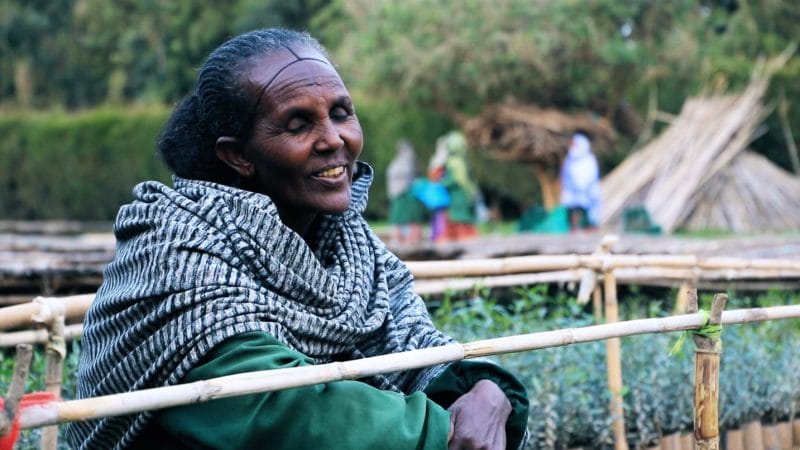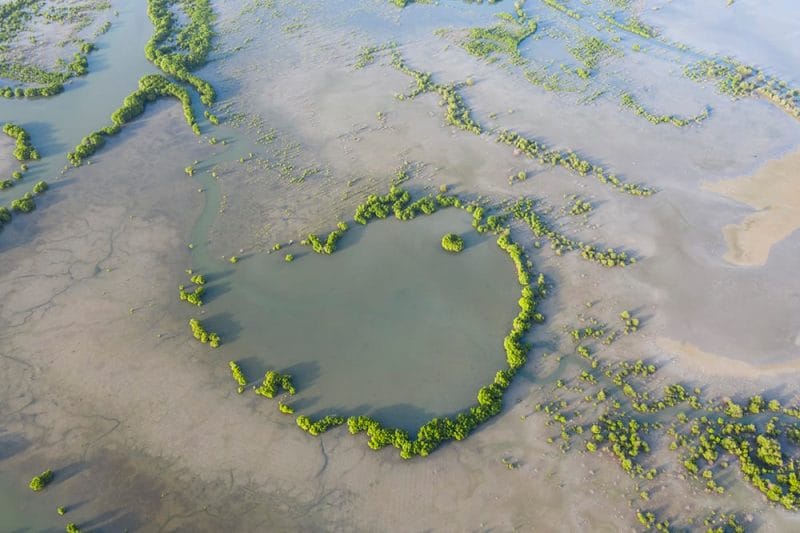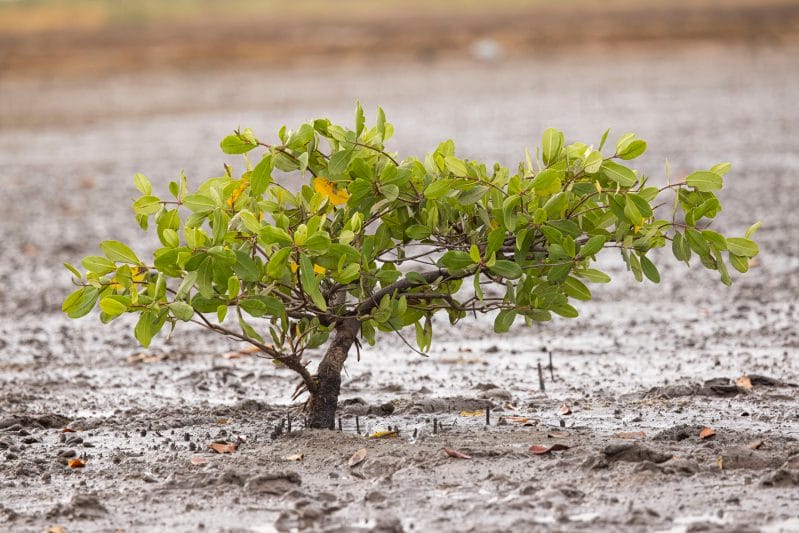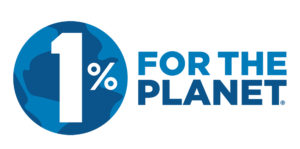Did I miss Valentine’s Day this year? Is this a soppy romance? Is it the stereotyped outline of the next block-buster (or possibly B-grade) movie to grace our screens? Maybe, but in this specific case, relax. No, it doesn’t mean you missed Valentine’s Day (unless you did, but that’s another story). It’s also not exactly a soppy romance or the next love-lost story framework coming our way, unless just maybe it is.
You see, as a species, we largely have fallen into a full-blown infatuation, an obsession, an addiction that possibly even verges into the territories of stalking and breaching restraining orders. Like any relationship of this nature, it’s completely toxic.
But this relationship, and sure let’s take this story-line into rather weird territory, this relationship is not even with another member of our species. It’s not even a living thing. While some people do have a medical condition of infatuation with inanimate objects, this also is not the relationship of this post.
This is our relationship with plastic. A very one-sided, infatuated, obsessed, addicted and toxic relationship that like when any of our most sage friends see us in this kind of relationship, tell us on no uncertain terms, ‘you’ve got to stop that, get out, let it go, seriously, stop doing that, are you out of your mind?!’
Like most infatuations, it started quite innocently. It even started as a wonderful, marvelous thing. And even better than that, it was a justified wonderful marvelous thing because it solved problems! Surely that makes it a good thing,,doesn’t it?
Well, you see, that’s part of the definition of sustainability, or in this case, the definition of un-sustainability A sustainable solution is one that fundamentally doesn’t not bring problems when implemented; economically, societally or environmentally. Plastic, yes, it solved problems of, well, so many things (‘let me count the ways’, to quote Elizabeth Barrett Browning from her Sonnet 43), but look at the problems it has brought.
By 2050, if we keep using plastics in the ways we are currently using them (quantities, increase trends, and lack of responsible disposal), there will be more plastic than fish in the sea. There’s already the Great Pacific Garbage patch that is, for real, bigger than Texas. 30kg of this was removed by a young, 10-meter long sperm whale; probably what killed it as this was discovered when his body was found washed up on a beach in Spain in February this year (https://www.theage.com.au/environment/sustainability/dead-sperm-whale-found-with-30-kilograms-of-trash-in-digestive-system-20180412-p4z97c.html). Sea birds, turtles, mammals, all having their feeding and survival interfered with by ingestion or being trapped in plastic.
Then there’s microplastics, making their way into the bodies of the seafood that we eat. So even we are not immune from inadvertent partaking of this toxic meal. What we don’t know yet is what this is doing to us and our health. Whatever it is it’s unlikely to be good. We have enough challenges with our collective health already without adding this to our list.
South Africa went so far as to declare plastic their national flower (!) given how much plastic had been blown around and snared and snarled around the branches of trees (https://www.sbs.com.au/news/taxes-fines-and-jail-time-the-strictest-plastic-bag-laws-around-the-world). With its abundance, it surely must be the national flower, mustn’t it?
Polluting our environment (yes, that’s ‘our’ environment), reducing its functional capacity (yes, that’s ‘our’ environment, you know, the one we’re 100% dependent on), we keep using what causes all these problems. What do you call it when you keep doing something that is bad for you? Maybe we call it being human. Maybe you call it stupidity. Maybe you call it insanity. Whatever you call it, it doesn’t work. And like any relationship we wake up and find ourselves in that does not work (and is not going to work), we have an opportunity to do something about it. But one of the things that being human means is that it can really take something to make us shift from what has, frankly, been a fairly comfortable course of action.
Continuance in this comfortable course of action (in this case, code for ‘toxic relationship’) must only be possible if we maintain a very narrow field of view; one that precludes our awareness of what it takes to make plastics (did anyone say ‘petrochemicals and everything associated with their extraction and processing’?), let alone what happens even if we are a good person and put it in our garbage (did anyone say ‘Landfill’, or ‘issues with recycling’?). Being human, when we get present to the impact and the probable almost certain future (a future of the of the ‘really not very nice’ variety) that we will foment if we continue the way we are going, we are better positioning ourselves to shift gear and actually do something that works. That’s something that works ongoingly, not just works for now as the next in a long line of unsustainable solutions.
This change of gear towards sustainable solutions to the plastics addiction is not an isolated conversation. It’s one gaining world-wide traction. More than 40 countries world-wide are now at least somewhere on the path to banning, partly banning, taxing or fining individuals and companies that use single-use plastics in order to protect the environment from their impacts.
A 10-year jail term in South Africa in response to fairly hefty flouting of their plastic laws is meant to show they’re serious about managing plastics. Since 2016, Morocco stopped producing, importing, selling and distributing plastic bags. (Illegally used bags totaling over 400 tonnes were seized in Morocco last year.) Bangladesh, half of India’s States and Territories, China (in supermarkets) are all banning single-use plastics with varying degrees of success so far but it’s heading in the right direction. Countries across Europe, the Americas, Africa, South-East Asia and Australasia are getting on board with this (https://www.sbs.com.au/news/taxes-fines-and-jail-time-the-strictest-plastic-bag-laws-around-the-world). It’s time for us all to get out of this toxic relationship and get into one that just works.
Backing at the level of law and policy is necessary to gain the leverage to make this happen. But action at the level of region, community, organisation and and individual are also needed. This is a relationship that’s not personal, and it’s one that we would all benefit of getting out of together.
So what are our alternatives? Well that’s up to us to create. That’s the best thing about being human. We can stop, change direction and start when we’re in something that doesn’t work. We can start a new love affair (how cool is that!), and if we take it to the level of infatuation, well at least it will be a healthy one.
So ‘How do we love thee’, our plastic alternatives? ‘Let us count the ways.’ For ideas, try this free guide or this wiki. Also celebrate with us World Environmental Day. Try it for a day, try it for a week, try it for a month and see how much you can reduce your plastic use. Try it with your work-place, your social groups, your communities. Try it knowing that your day-to-day attention and care in this direction is something that will really make a difference, not just to you but to the environment that we all share.
Have fun inventing, scripting and being part of what could become one of the next great love stories of our time; one without all the toxic overtones and one with the all the potential of a truly great happily-ever-after.






